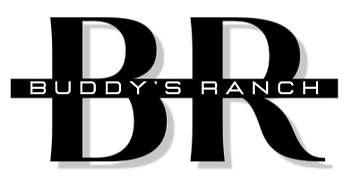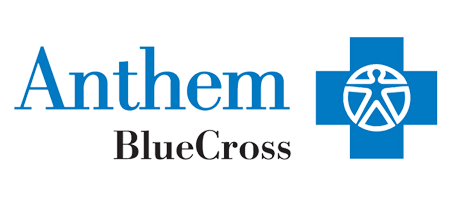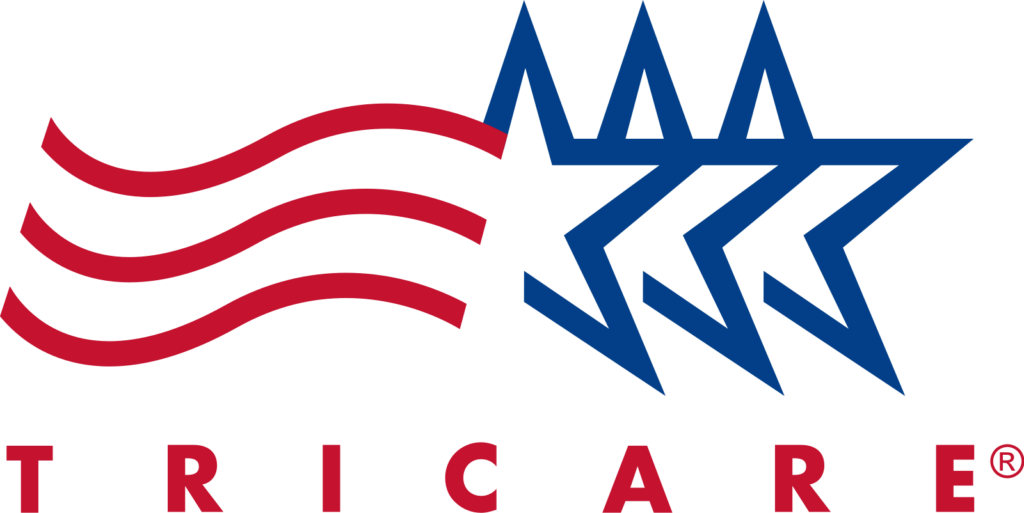Treating Depression and Addiction
home » What We Treat » Mental Health » Depression
table of contents
medical reviewer:
adam swanson, lmft
Treating Depression and Addiction
When a person experiences a mental health disorder and a substance use disorder at the same time, it is called a co-occurring disorder or a dual diagnosis. The 2022 National Survey on Drug Use and Health found that among adults 18 and older, 32.9% had either a mental illness or a substance use disorder, and 8.4% had both. Two of the most commonly co-occurring mental health conditions are depression and addiction. Despite the frequency of co-occurrence, both depression and addiction are highly treatable. This article will explain these conditions, how they are connected, and how to approach treatment for lasting recovery.
Defining Depression and Addiction
Depression is a mental health disorder that can look different for every person and has surprising staying power. It can leave a person feeling burdened and often takes a lot of joy out of daily life. There are several forms of depression, including major depression and bipolar disorder. The official definition of depression for a clinical diagnosis is “a persistently low or depressed mood and a loss of interest in activities that you used to enjoy. The symptoms must last for at least two weeks to receive a diagnosis.” Symptoms can include:
- Increase or decrease in appetite resulting in weight gain or weight loss
- Trouble sleeping (insomnia) or sleeping too much (hypersomnia)
- Low energy or fatigue
- Feeling worthless, excessively guilty, or having thoughts of death or suicide
Addiction is often marked by compulsive drug or alcohol use despite significant negative consequences. It is a chronic condition that can impact many areas of a person’s life, including mental health, physical health, relationships, and work. In addition to addiction to substances, there are also behavioral addictions, like gambling. Like depression, addiction is treatable.
The Relationship Between Depression and Addiction
Unfortunately, depression and addiction can work together negatively in our lives. One condition can lead to another or make the other condition worse. There are a few ways this can happen.
- Long-term substance use alters brain chemistry by overwhelming the body’s natural pleasure circuits. Substances can trigger an outsized response of dopamine as much as ten times the amount of a natural reward. Altered brain chemistry can lead to intensified symptoms of depression and other mental health conditions.
- People experiencing depression often self-medicate with drugs or alcohol. It is estimated that 21.9% to 24.1% of people experiencing a mood or anxiety disorder self-medicate.
- While the exact cause of depression is unknown, it may be caused by a combination of genetic, biological, environmental, and psychological factors. Traumatic events, significant life changes, family members who have experienced depression, and drug and alcohol use are all likely contributing factors.
Dual Diagnosis Treatment for Co-Occurring Disorders like Depression and Addiction
This study published by the National Library of Medicine states, “Researchers have made great strides in understanding and treating persons with dual diagnoses…research has demonstrated that dually diagnosed patients have the best treatment outcomes only when both problems are addressed.” Dual diagnosis treatment takes an integrated approach. It usually begins with an assessment and diagnosis of any conditions. Therapy plays an important role, and the three most commonly suggested are:
- Cognitive Behavioral Therapy (CBT) to identify and reframe negative thought patterns,
- Dialectical Behavior Therapy (DBT) to build emotional regulation and resilience, often with mindfulness activities, and
- Motivational interviewing, an approach that helps participants increase their motivation to change through empathetic and supportive dialogue.
In some cases, medication-assisted treatment (MAT) may be recommended to manage cravings or withdrawal and help stabilize a participant’s mood.
FAQs About Depression and Addiction
Trauma can play a significant role in depression and addiction. Traumatic events such as abuse, neglect, violence, or natural disasters can disrupt a person’s sense of safety and ability to regulate emotions. Trauma often lingers, and if left unaddressed, it can lead to depression and feelings of persistent sadness. As a result, many people turn to drugs or alcohol to self-medicate and seek temporary relief from their emotions. There are a lot of therapies and care options that are trauma-informed, and they are likely to be included in dual diagnosis treatment.
Yes, and they should be treated simultaneously with an integrated approach that recognizes each condition affects the other. Depression can make a person more susceptible to substance use, and addiction can alter the brain’s chemistry, leading to declining emotional health. Together, they can create a negative cycle that feeds each other. The best treatment approach is one that will identify all mental health conditions at play and then work on each of them through therapy and sometimes medication. Treating all conditions simultaneously gives individuals the best opportunity for lasting recovery and improved mental and physical health.
Yes! Recovery from both depression and addiction is absolutely possible. While co-occurring disorders can be challenging, many people achieve long-term, lasting wellness. It’s important to understand there is no quick fix to these challenges, and there will likely be setbacks along the way. However, the right approach combined with support from professionals, peers, family, and friends can make a huge difference in recovery. Many people in recovery find new meaning in their lives, healthier relationships, and a sense of peace and happiness.
Support groups can be very helpful for individuals experiencing depression and addiction. They are a safe, nonjudgmental space to learn from peers who may have had similar experiences. SMART Recovery, Alcoholics Anonymous (AA), and Narcotics Anonymous (NA) all offer focus groups that are peer-based and teach coping strategies and recovery principles. Most groups meet regularly, and building support group meetings into your weekly routine can help you stay motivated and committed to your sobriety and wellness.
Overcoming Depression and Addiction at Buddy’s Ranch
At Buddy’s Ranch, we specialize in treating co-occurring mental health and substance use disorders with compassion and evidence-based care. Our residential facility offers a supportive environment where individuals can begin to heal. The staff at Buddy’s Ranch is experienced and compassionate and understands the complex relationship between mood disorders and substance use. No matter where you are on your path to recovery, you don’t have to do it alone. Contact us today to learn how our dual diagnosis program can support your recovery.
Contact
"*" indicates required fields
You can view our privacy policy here.










